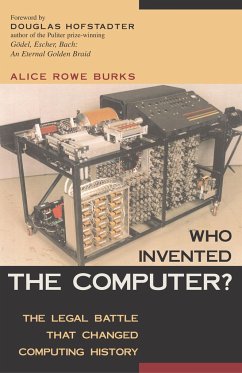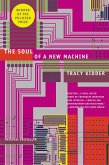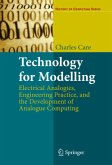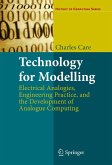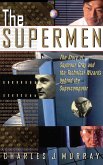In 1973, Federal District Judge Earl R. Larson issued a ruling in a patent case that was to have profound and long-lasting implications for the dawning computer revolution. Against all expectations, the judge ruled against Sperry Rand Corp., which claimed to hold the patent on the first computer dubbed the "ENIAC" and was demanding huge royalties on all electronic data processing sales by Honeywell Inc. and other large competitors. The judge came to the conclusion that in fact the ENIAC was not the first computer but was a derivative of an obscure computer called the ABC, which had been developed in the late thirties by a largely unknown professor of physics and mathematics at Iowa State University, named John V. Atanasoff. Looking back today from our digital world at what was then a little-publicized trial, it is clear that the judge's decision had enormous repercussions. If Judge Larson had ruled the other way, in favor of the patent claim, subsequent manufacturers of computing hardware would have had to obtain a license from Sperry Rand, and the course of computing history would likely have been very different from the galloping revolution we have all witnessed in the past three decades. This book centers on this crucial trial, arguing that Judge Larson correctly evaluated the facts and made the right decision, even though many in the computing community have never accepted Atanasoff as the legitimate inventor of the electronic computer. With meticulous research, Alice Rowe Burks examines both the trial and its aftermath, presenting telling evidence in convincing and absorbing fashion, and leaving no doubt about the actual originator of what has been called the greatest invention of the 20th century.
Hinweis: Dieser Artikel kann nur an eine deutsche Lieferadresse ausgeliefert werden.
Hinweis: Dieser Artikel kann nur an eine deutsche Lieferadresse ausgeliefert werden.

